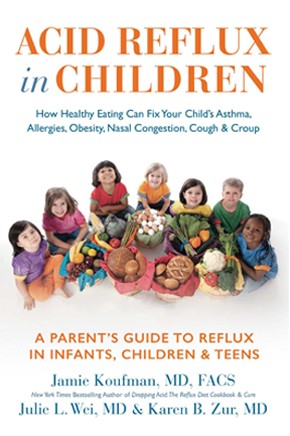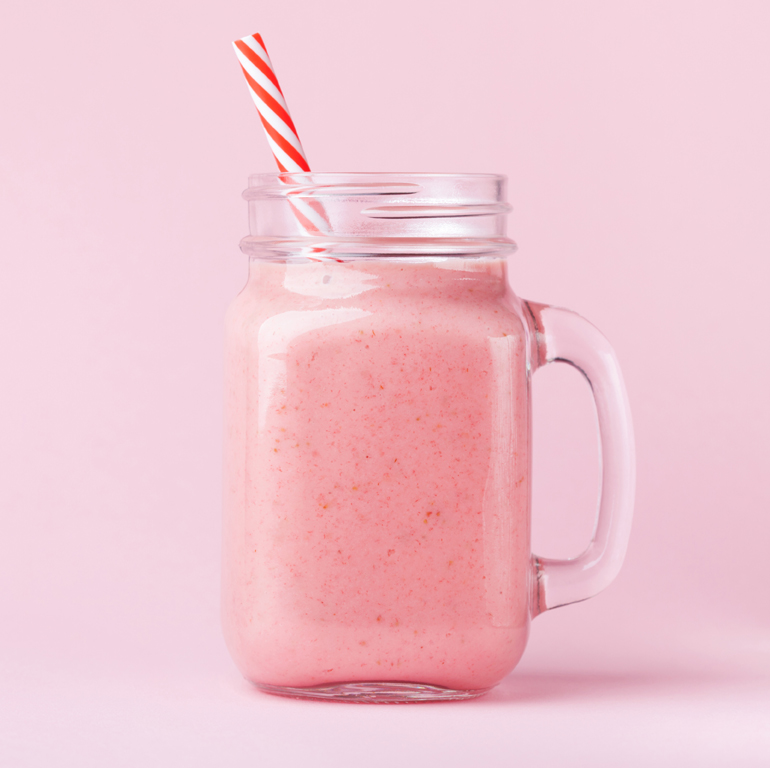
Does Peanut Butter Cause Heartburn and Acid Reflux?
At-A-Glance
- More than 90% of Americans eat peanuts, so it is not surprising that peanuts and peanut butter can trigger acid reflux, including heartburn, indigestion, GERD, LPR, and/or respiratory reflux.
- It may surprise you, but peanuts, as well as some other nuts (e.g., cashews and macadamia nuts), rank in the top ten of reflux trigger foods.
Note: Respiratory Reflux (RR) and Laryngopharyngeal Reflux (LPR) are synonyms and the terms can be used interchangeably. Going forward, I prefer the term RR and so should you; it is easier to pronounce, more intuitive, and implies that RR can affect any and all parts of the respiratory system which it does.
A lot of people ask why I exclude nuts from my Reflux Detox Diet; and I also get a lot of reflux questions specifically about peanut butter. Since 94% of the population consumes peanuts annually, 80% consume peanuts monthly, and millions daily, it is not surprising to have a group that have peanut as a reflux trigger, as well as other peanut sensitivity/allergy symptoms.
FYI: Overall, the top ten reflux trigger foods are: (1) alcohol, (2) carbonated drinks, (3) fried/fatty food, (4) chocolate, (4) onions, (5) garlic, (6) tomatoes, (7) peppers, (8) some nuts, (9) peppermint, and (10) coffee. And peanuts fit right in at #8.
What’s the difference Between Peanuts and Peanut Butter?
Peanuts are actually legumes, not nuts.
Obviously, peanuts alone are just peanuts. Peanut butter, however, can contain additives. For you big peanut butter eaters, try and find a “natural” peanut butter, meaning without additives. Natural is made by roasting and crushing the nuts until they turn into a smooth paste. On the other side of the coin, many manufacturers add sweeteners such as evaporated cane juice, molasses, and high fructose corn syrup, and oils, e.g., hydrogenated trans-fats such as palm oil to improve texture. If you are a peanut butter junky, read nutritional labels, and if possible pick the best, most natural choice for every-day consumption.
The nutritional value of peanut better isn’t that bad; for a two tablespoon serving, enough to make one sandwich: 190 calories, 16 g. fat, 8 g. carbohydrates, 3 g. sugars, and 7 g. protein. The carbohydrates in peanut butter account for only about 15% of their total weight, translating to a low glycemic index; a serving of white bread is more likely to affect blood sugar than the peanut butter.
What Causes Peanut Allergies?
Peanut butter (the peanut) causes allergic reactions in 2% of Americans. Peanut allergies occur when the immune system mistakenly identifies a peanut protein as an allergen turning on the immune system to release chemicals that result in adverse reactions such as hives, acid reflux, cramps, nausea, and vomiting, as well as life-threatening anaphylaxis that can impair breathing, drop blood pressure, and even cause death. The major allergens in peanuts are Ara h 1 and Ara h 3 that are members of the cupin superfamily of proteins.
It is not clear whether people who have peanut as a reflux trigger have immune reactions or some other mechanism. That said, one of the untoward events associated with peanuts is gastroparesis (slow stomach function), which might vert well cause reflux. In addition, peanuts are higher in fat than most other nuts, which means they tend to relax the lower esophageal sphincter. Indeed, the nuts most associated with reflux (triggers) are the high-fat ones.
Bottom line: In my experience, peanut butter is a reflux trigger food for about 50% of people with severe reflux, but only about 10% of those with mild disease.
What’s the Problem with Nuts?
Even though the mechanism of acid reflux caused by nuts is still somewhat uncertain, it is true that cashews, macadamia nuts, and peanuts are fattier than the others. If you are experiencing significant reflux, stay away from cashews those. Remember, no nuts during detox, but when you start your transition, the best choice nuts are almonds, pistachios, and walnuts. Listed below are the commonly consumed nuts from worst to best as problematic for the refluxer; here is the rank order:
Cashew
Macadamia
Peanut
Pecan
Hazelnut
Walnut
Pistachio
Almond
One caveat: Almost everything that I know is based upon discussions of trigger foods with patients. That said, almonds are probably okay even during detox. During transition, other nuts may be added except, but again, shun cashews and macadamias. And peanuts are not usually considered a common trigger food, but they are, ~50%..
“Reflux triggering” is idiosyncratic (varying from person to person), and related to a chemical in the food. In most cases that trigger chemical relaxes the lower esophageal sphincter (LES), the valve that connects the stomach to the esophagus.










